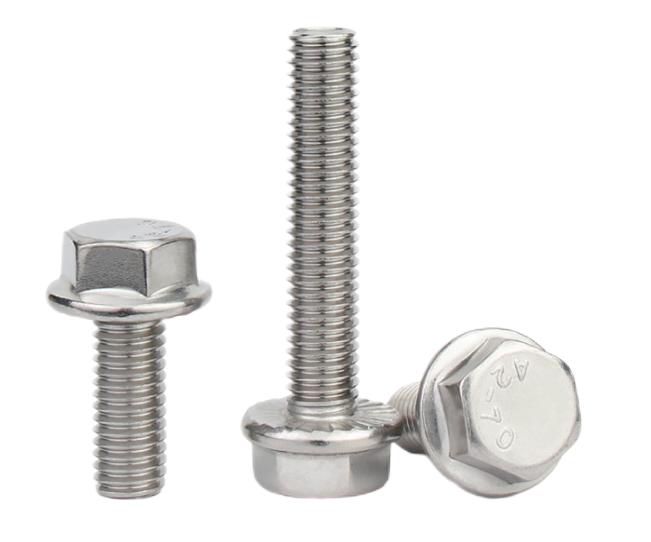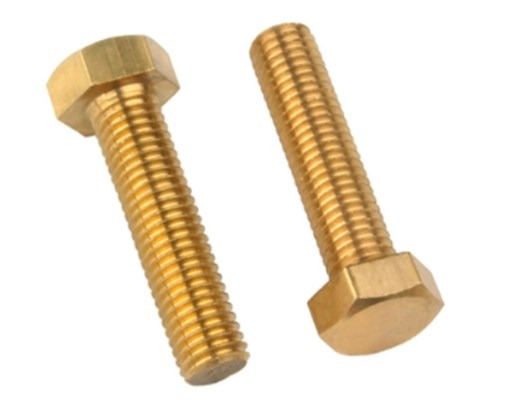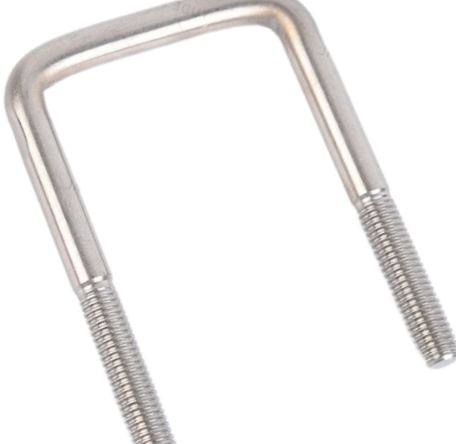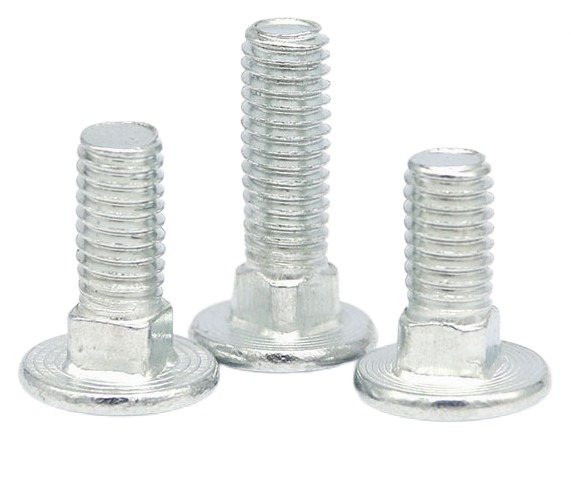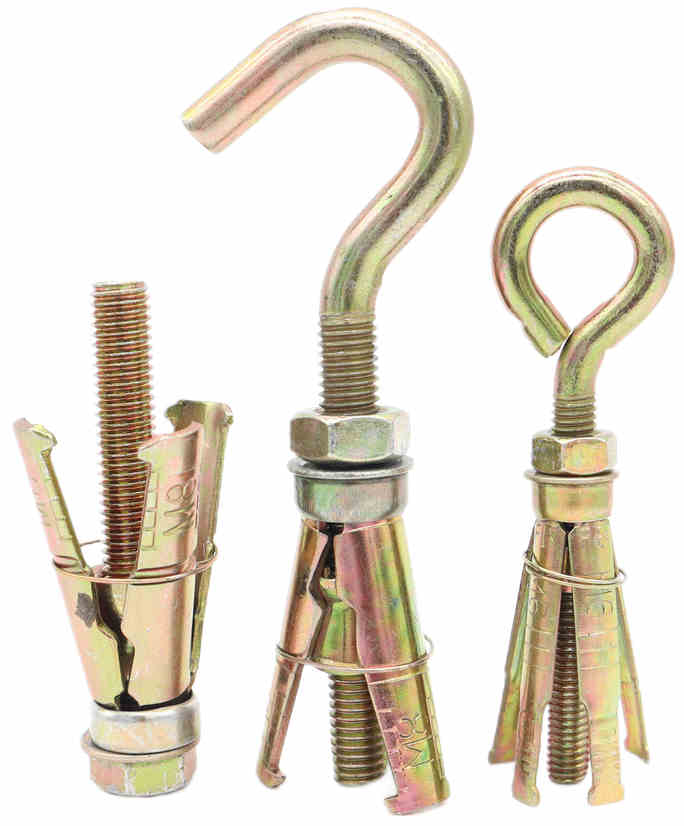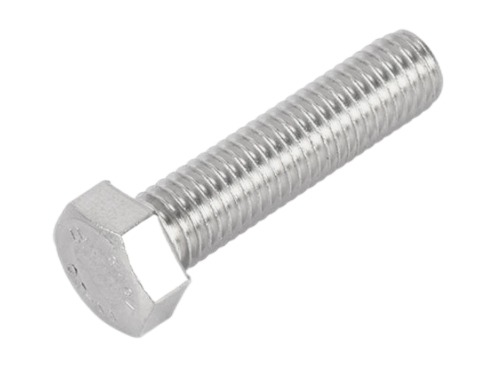4 Key Points Of Heat Treated Bolts
Heat treatment is an important process in the manufacture of bolts, since it improves their mechanical qualities to satisfy certain criteria. Heat treated bolts are used in a variety of industries such as automotive, aerospace, construction, and manufacturing. They are used to connect two or more things and provide stability, strength, and dependability.

What Are Heat Treated Bolt
Heat treated bolts are bolts that have undergone a regulated heat treatment technique to change their microstructure and so improve their mechanical properties. Heat treatment is an important step in the manufacture of bolts since it has a considerable impact on their performance and durability. The bolts are heated to high temperatures before being cooled quickly or slowly, depending on the desired qualities.
Heat treating bolts is done to improve their mechanical qualities like strength, ductility, toughness, wear resistance, and corrosion resistance. Heat treatment can improve the characteristics of bolts by changing the microstructure of the material to fulfill specific needs for different applications.
Benefits Of Heat Treated Bolts
Increased Strength
Heat treatment can considerably increase bolt strength by boosting hardness, toughness, and wear resistance. Heat treated bolts are therefore suited for high-stress applications requiring load-bearing capacity, such as heavy machinery, structural components, and essential connections.
Improved Ductility
Heat treatment can also increase bolt ductility, making them less susceptible to brittle fracture or failure. The ability of a substance to flex plastically under stress without breaking is referred to as ductility. Heat treated bolts with greater ductility are less prone to shatter or fail in harsh conditions, making them more dependable and safe.
Enhanced Corrosion Resistance
Heat treatment can also increase bolt corrosion resistance, preventing rust, oxidation, and other types of corrosion. This is particularly significant in applications where bolts are subjected to extreme conditions, chemicals, or moisture, such as those found in the marine, automotive, or aerospace sectors.
Better Fatigue Resistance
Bolts that have been heat treated are also more resistant to fatigue failure, which happens as a result of repeated or cyclic stress. Heat treatment can enhance bolt fatigue strength, letting them resist multiple stress and load cycles without fracturing or breaking, which is critical in applications with dynamic or variable loads.

Types of Heat Treatment for Bolts
Quenching, tempering, annealing, and normalizing are the most prevalent forms of heat treatment for bolts.

Quenching
Quenching is a type of heat treatment that involves heating the bolts to a high temperature and then rapidly cooling them in a quenching liquid such as oil, water, or polymer. The bolts harden as they cool quickly, enhancing their strength and wear resistance. However, quenching can cause the bolts to become brittle, which is why it is frequently followed by a tempering process.
Tempering
Tempering is a heat treatment process that involves warming quenched bolts to a specified temperature and then progressively cooling them. This technique improves the ductility and toughness of bolts by reducing the brittleness generated by quenching. To achieve the correct balance of strength and ductility, tempering is usually done after quenching.
Annealing
Annealing is a heat treatment process in which the bolts are heated to a high temperature and then slowly cooled to room temperature. This method is used to relieve internal tensions in bolts, enhance machinability, and decrease hardness. Annealing is commonly used for bolts that need to be ductile and durable, such as those used in automotive or aerospace applications.s.
Normalizing
Normalizing is a heat treatment process similar to annealing, however, it uses air cooling rather than gradual cooling. This procedure is used to improve the strength and toughness of bolts by refining their grain structure. Bolts that require increased strength and fatigue resistance, such as those used in heavy machinery or structural components, are often normalized.

Summary
Heat treated bolts are an important component, with high strength, excellent corrosion resistance, and the best fatigue resistance. Knowing the key points of heat treated bolts is essential for guaranteeing their best performance in a variety of applications.

